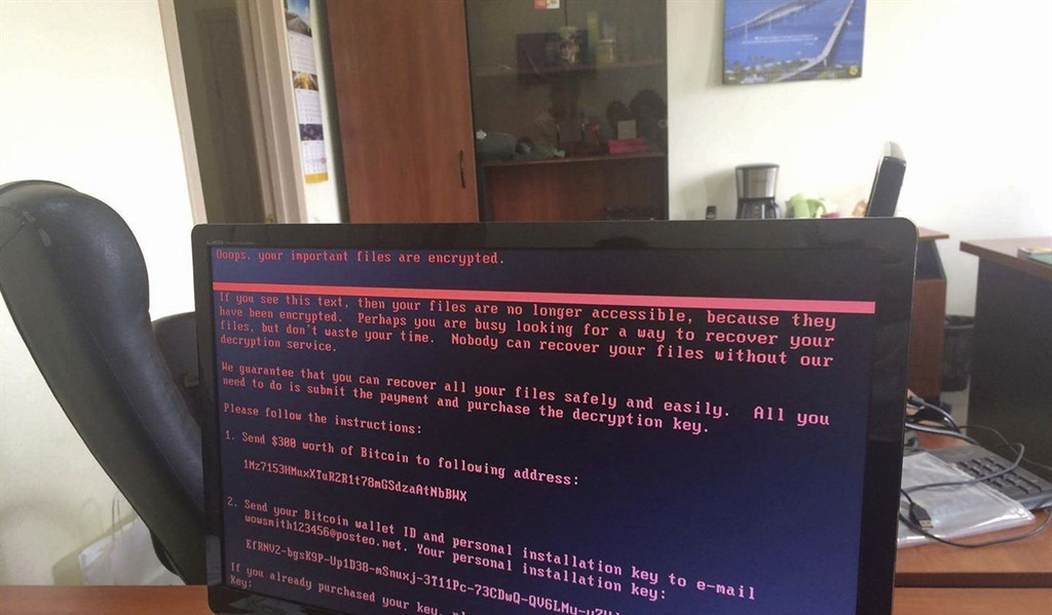You may recall quaint times from the past when, if law enforcement took an interest in you and wanted to investigate, they would need to establish probable cause, obtain a warrant, and then approach the holders of various bits of personal information and request it. Good times, my friends. Good times. But according to a recently declassified report from the Office of the Director of National Intelligence, that ship has long since sailed. Various elements of the intelligence community have been vacuuming up virtually every bit of data they please about anyone. And they’re not even doing it discriminately. They collect information on virtually everyone, including people who have never been on their radar or even suspected of committing a crime. And how are they managing all of this? They’re just buying it in bulk from data brokers and saving it to sort through later if you happen to pop up as a person of interest. (Wired)
The United States government has been secretly amassing a “large amount” of “sensitive and intimate information” on its own citizens, a group of senior advisers informed Avril Haines, the director of national intelligence, more than a year ago.
The size and scope of the government effort to accumulate data revealing the minute details of Americans’ lives are described soberly and at length by the director’s own panel of experts in a newly declassified report. Haines had first tasked her advisers in late 2021 with untangling a web of secretive business arrangements between commercial data brokers and US intelligence community members.
What that report ended up saying constitutes a nightmare scenario for privacy defenders.
According to Avril Haines’ report, the depth and level of the data available to the government without any oversight is “more revealing, available on more people (in bulk), less possible to avoid, and less well understood” than most thought. It’s described as a “nightmare” for privacy advocates.
How do they get away with simply obtaining all of your data? Since it’s being publicly sold by brokers, it’s considered “publicly available information” for legal purposes, and no warrant is required. They know where you’ve been, who you’ve been physically in the presence of, who you call or text with, and so much more. To really spice up this invasive stew, remember that they are buying the data. But the government doesn’t have any of its own money, only taxpayer revenue. I can see the light bulb appearing over your head. That’s right. They’re buying your private data using your money.
Where do brokers get all of this data? The biggest culprit is the cell phone all but a few dozen of you have in your pockets at the moment. But your web browsers are harvesting your ones and zeros like an industrial agricultural operation as well. All of those free services you use online and in various apps know all about you and the owners sell that data in bulk. Remember what Tristan Harris said, though few of us seemed to listen. If you’re getting something for free, you are the product.
So why should you care, right? What does it matter if they have all that data without going through a court? One example offered in the report declares that the government can “identify every person who attended a protest or rally based on their smartphone location or ad-tracking records.” If you think this is hypothetical, consider how fast the FBI tracked down thousands of people who were at the Capitol on January 6. Do you really think they filed that many warrants? Or really any warrants?
Read the rest of the linked report for yourself. I used to tell people, ‘If you’re not doing anything wrong, you don’t have anything to worry about.’ But this is 2023 and we’re all living under the shadow of the Biden Department of Justice. Allow me to apologize and admit that I was an idiot.







Join the conversation as a VIP Member